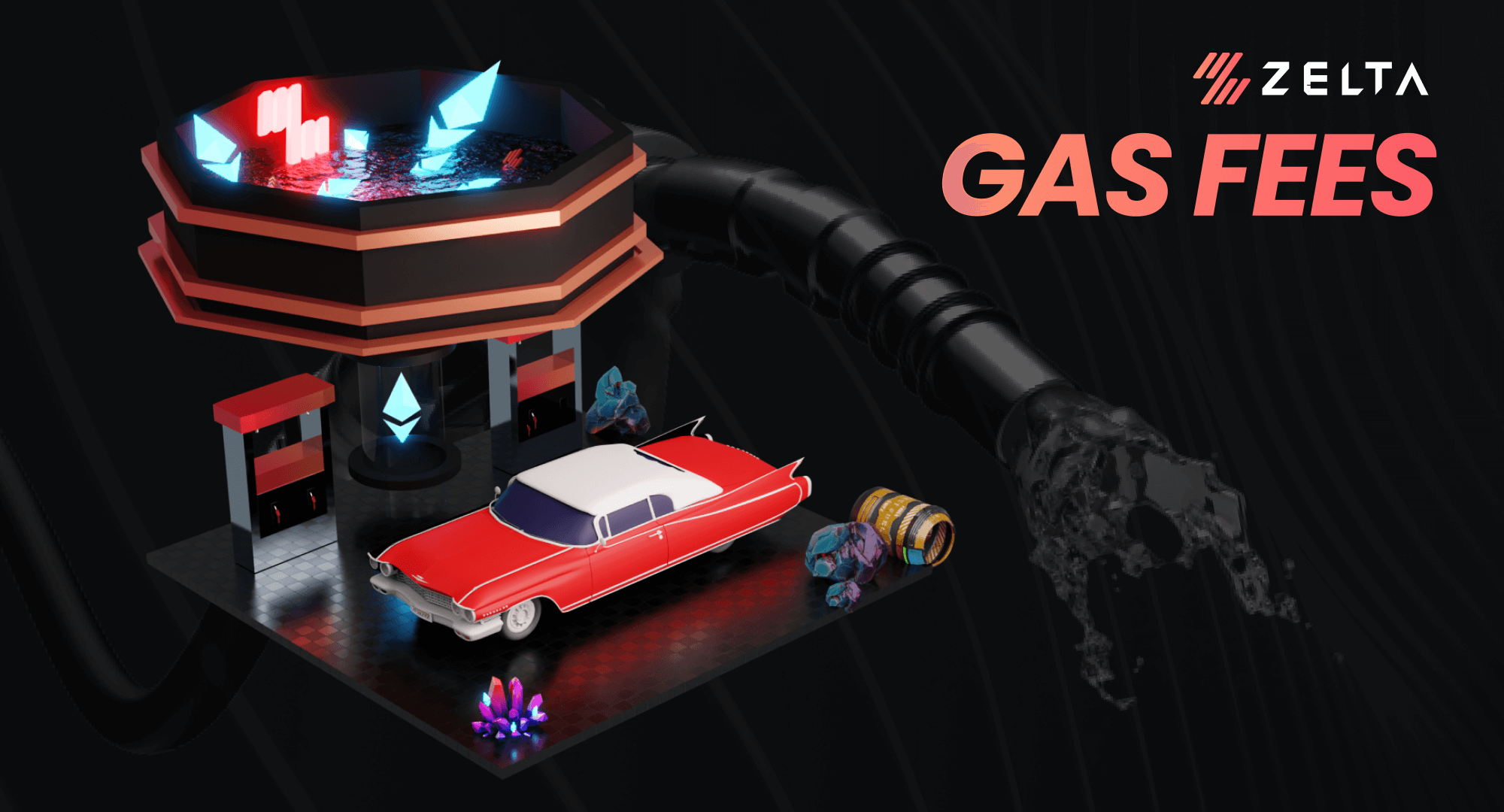

What are Gas Fees In Crypto? A 2024 Beginners Guide for Gas Fees
Welcome to the world of gas fees, a term frequently heard in the blockchain realm. However, for many, its intricacies remain shrouded in mystery.
In this article, we will embark on a journey to decode the concept of gas fees, exploring their importance and unveiling their effects on cryptocurrency users.
Introduction to Gas Fees Crypto
Gas fees are the charges imposed by blockchain networks to validate transactions. On the Ethereum blockchain, gas is the unit of measurement used to ensure efficient and secure transaction processing.
Users pay these fees in GWEI, the smallest unit of the Ethereum cryptocurrency, Ether (ETH).

These fees may simply be referred to as transaction fees, miner fees, or something similar in other cryptocurrencies. Gas was created as a way to appreciate miners for their work in safeguarding the blockchain.
With the introduction of the proof of stake (PoS) algorithm, staking ETH and participating in validation became more rewarding due to the inclusion of gas fees as incentives.
In essence, the more ETH you stake, the higher your earnings potential from gas fees.
These gas fees can also be referred to as the Price per unit of the total investment or work done by the user.
But, you must be wondering what is the need for Gas Fees?
Need for Gas Cryptocurrency:
The answer to this question can be better understood by understanding the overall working of the Gas Fees, the cryptocurrency miners who use their computers to validate blocks of transactions on the Ethereum blockchain network receive the gas fees.
This fee is treated as a service charge for the Ethereum validators in exchange for staking their ETH and validating blocks, which are both crucial activities in the process of processing and verifying transactions on the network.
This, in total, gives you insights about how the working goes hand in hand with the requirements of the gas fees. Now, moving forward, let's see how are gas fees calculated

The gas limit tells you how much computational work your transaction needs, depending on its complexity. The actual price of gas during a transaction is influenced by factors like supply, demand, and network capacity.
One of the easiest and least expensive transactions is the payment or transfer of Ether from one account to the other. The creation of a Non-Fungible Token (NFT) or the creation and execution of a smart contract are two more processes that result in gas fees.
Click Here To Learn More About NFTs
Since the Gas fee is also referred to as work done per unit transactions or work, and it is calculated using the formula i.e.
Gas Fee = Gas Limit * Gas Price/Unit.
Let's start understanding by taking a numerical example for the same,
If the computation involves the Gas cap = 30,000 while the Price per unit = 400 gwei, it will give you the equation of 30,000 * 400 = 12,000,000 gwei or 0.012 ETH.
You might be curious about what exactly gwei is. Don't worry, we've got you covered. Gwei is a term derived from combining "Giga" (a unit of measurement) and "wei" (the smallest denomination of Ether).
In the world of Ethereum, it serves as a unit of measurement for transactions on the network. It's also referred to as "nanoether" because "nano" signifies one billionth of something.
Since "gas" prices are expressed in GWEI, it has become the most commonly used unit of Ether.

Can you avoid Gas Fees?
Okay, real talk time. Can you avoid gas fees altogether? In short, nope, sorry to burst that bubble. Gas fees are part and parcel of the blockchain experience. But hey, you're not entirely powerless here. You can roll up your sleeves and get strategic. Adjusting your gas fees based on how badly you need your transaction done can make a difference. Need it done fast? Pay a bit more. Got time to spare? Save a few bucks. It's all about finding that sweet spot between urgency and budget.
Conclusion:
There you have it, the scoop on gas fees in blockchain transactions. They're the unsung heroes that keep the wheels turning in the blockchain world. Understanding how gas fees work and the impact they have is like having a backstage pass to the show.
As blockchain technology evolves, gas fees will keep playing their vital role. Whether you're a seasoned pro or just dipping your toes into the blockchain waters, now you've got the know-how to tackle gas fees like a champ.
(Also read: The Downfall of FTX)
Image Creds: yesmobile, koinly, coinswitch
